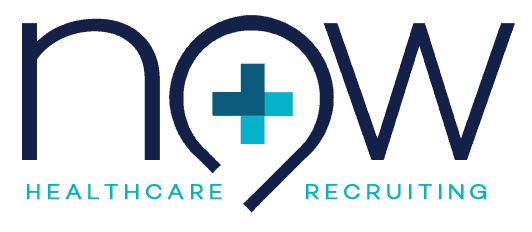These days, it seems like we constantly see news reports on massive data breaches where the personal information of millions of users were stolen or leaked online. While we are all too aware of these gigantic corporations dealing with cybersecurity problems, it is rare for us to hear reports on the breaching of small businesses. The reason for this is that such stories do not make for very interesting news.
Because these attacks are often neglected, many small business owners falsely assume that they are not at risk for cyber attacks. However, according to Verizon’s “2017 Data Breach Investigations Report,” approximately 61% of all data breach victims were small to medium-sized businesses. Knowing this, if you are a small business owner, it’s essential that you take steps to protect your company from cyber attacks. Below, we will discuss what small business owners should understand about internet security.
Why are Small Businesses Targeted?
If you want to find success in your business, you have to give it your all. That includes taking the proper steps to protect yourself and your employees against potential threats, including cyber attacks.
Small businesses are the ideal target for hackers because they hold far more digital information than a single consumer, but typically have far less knowledge and security protocols around cybersecurity than a large corporation. Many first-time entrepreneurs ignore the brutal truth, believing instead that they don’t need to take extra caution against online threats; they get lazy or complacent and just assume that they won’t be the ones who get hacked or that they have nothing valuable to steal. Such ignorance is foolhardy since a cybersecurity breach can have serious, life-altering ramifications for you, your employees, and/or your customers.
Common Cyber Attacks
Some of the more commonly used cyber-attacks include:
- APT – Advanced persistent threats in which a hacker breaks into a network in compound stages in order to remain undetected.
- DDoS – Distributed denial of service is when a server becomes deliberately inundated with requests until it is forced to shut down.
- Malware – Malware refers to malicious software such as viruses, trojans, spyware or worms. Such programs can be prevented by programs like AdBlock.
- Password Attacks – These attacks include the brute-force attack, dictionary attack, and keylogging. To prevent such attacks, consider reading through following advice.
- Phishing – The most common type of data attack, phishing is the collection of key information by tricking consumers to click on websites or emails that appear to be legitimate.
Methods to Improve Small Business Cybersecurity
If you wish to succeed in business, you have to work on your company and its security as much as you work on marketing or outreach. Taking steps to safeguard your company’s sensitive information is critical. Such methods include:
- Update your computers – It is essential that you stay on top of both your computer and printer security. Make sure your web browser, drivers, and operating systems are all up to date in order to prevent the most recent cyber threats. Also remember to update mobile devices, especially their security apps.
- Train Employees – If you are a small business owner, you need to instruct your employees about your cybersecurity plans and make sure they also take the proper steps to protect the company. Create a best practices policy for cybersecurity. Encourage employees to create strong passwords, to use two-step authentication sign-ins, and update them on new, emerging threats as necessary.
- Guard your WiFi – You need to lock down your WiFi so that only employees can gain access to the router. Ideally, even your employees should not know the specific password for the router. Also, if you want to offer customers free access, you should create a separate guest network for privacy.
- Limit computer access to employees – The only people who should be trusted with your company computers or accounts should be authorized employees. Limiting privileges and creating individual logins helps to keep your company safe.
Small business owners should be aware that they sometimes face greater cybersecurity threats than large companies. A wise business owner will take all the proper steps to protect themselves, their employees, and their business from malicious attacks. Laziness on this matter could have disastrous consequences, so it is your responsibility to ensure the safety of yourself, your staff, and your company.

